• Wellington Campus •
Composting & Gardening
These projects were brought to Campus Co-Lab by Fiona (MAWSA Sustainability & Wellbeing Officer for 2021) and are a further iteration upon earlier projects with Tallulah Farrar and co in 2018/2019. Click here to read more info about earlier iterations.
This page is relatively new and we are working to make sure the info is as up to date and accurate as possible. Please let us know if we have the wrong end of the stick about anything or if you have more to add- history, current goings on, ideas for future etc.
We'd love for you to be involved in these projects, and so if it sounds like something you're keen on, reach out to Fiona, or Sam who is facilitating the Campus Co-Lab work for this project.
Fiona: [email protected]
Sam: [email protected]
This page is relatively new and we are working to make sure the info is as up to date and accurate as possible. Please let us know if we have the wrong end of the stick about anything or if you have more to add- history, current goings on, ideas for future etc.
We'd love for you to be involved in these projects, and so if it sounds like something you're keen on, reach out to Fiona, or Sam who is facilitating the Campus Co-Lab work for this project.
Fiona: [email protected]
Sam: [email protected]
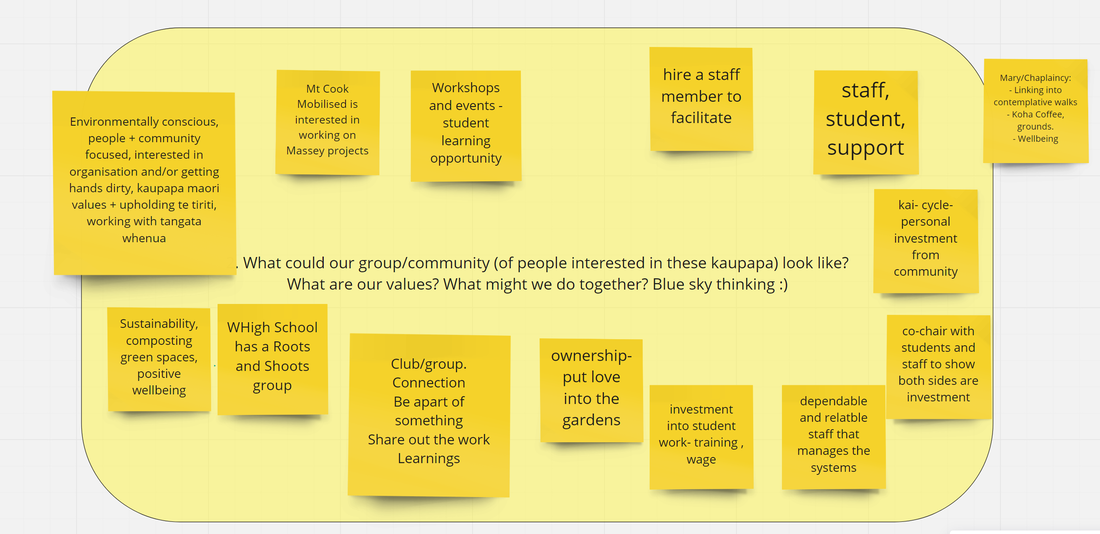
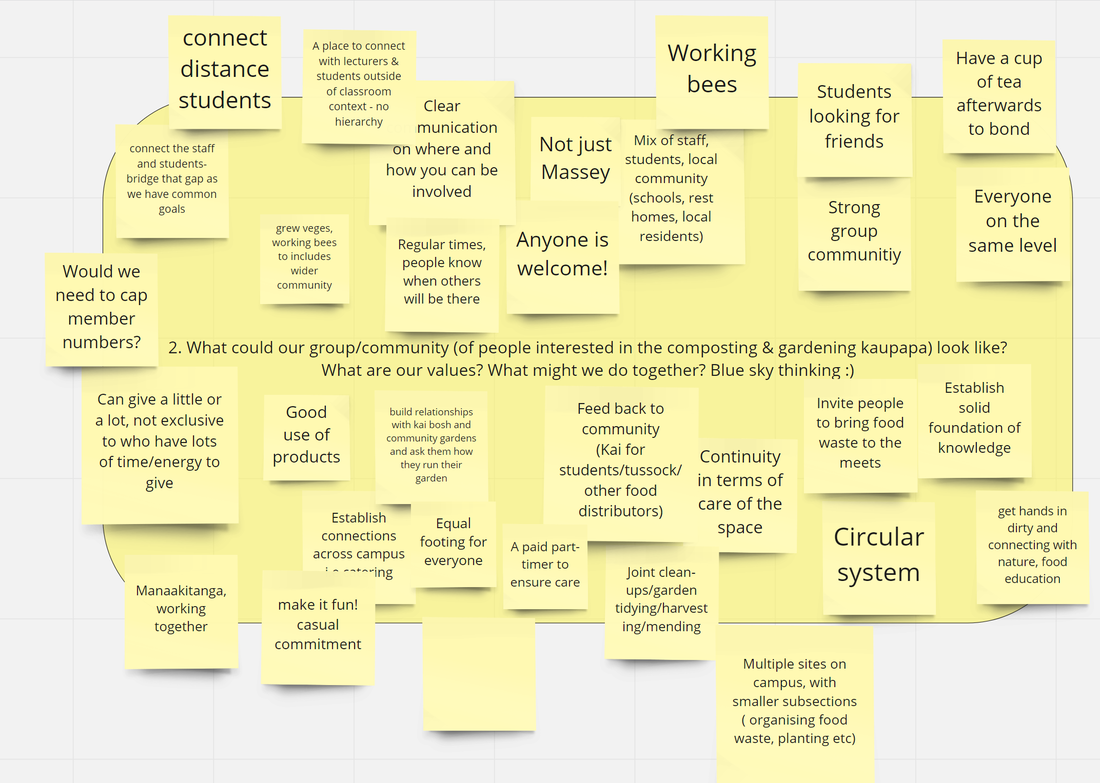
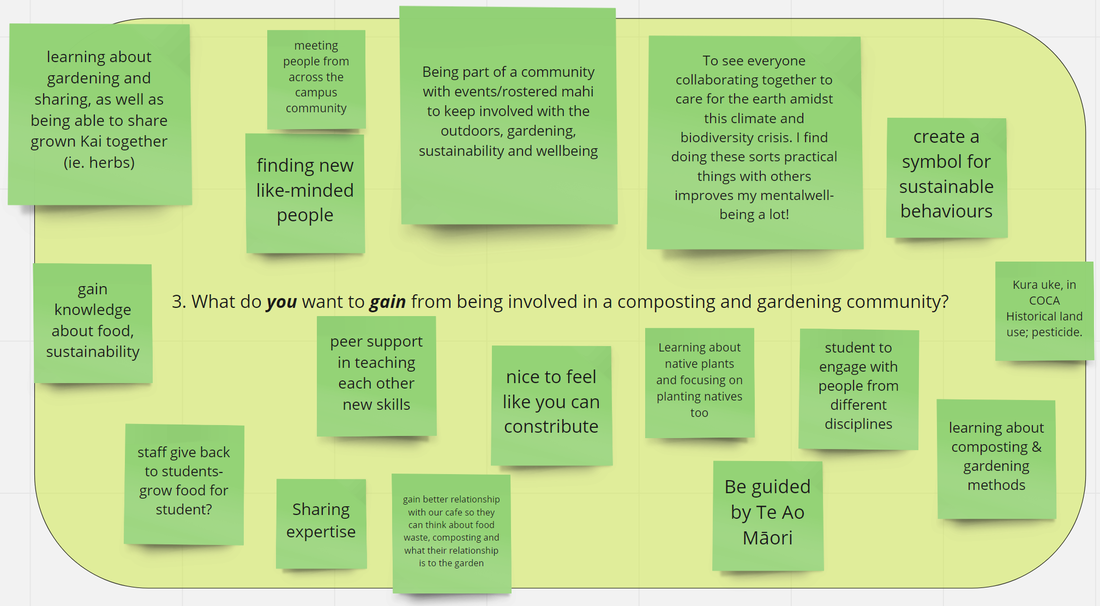
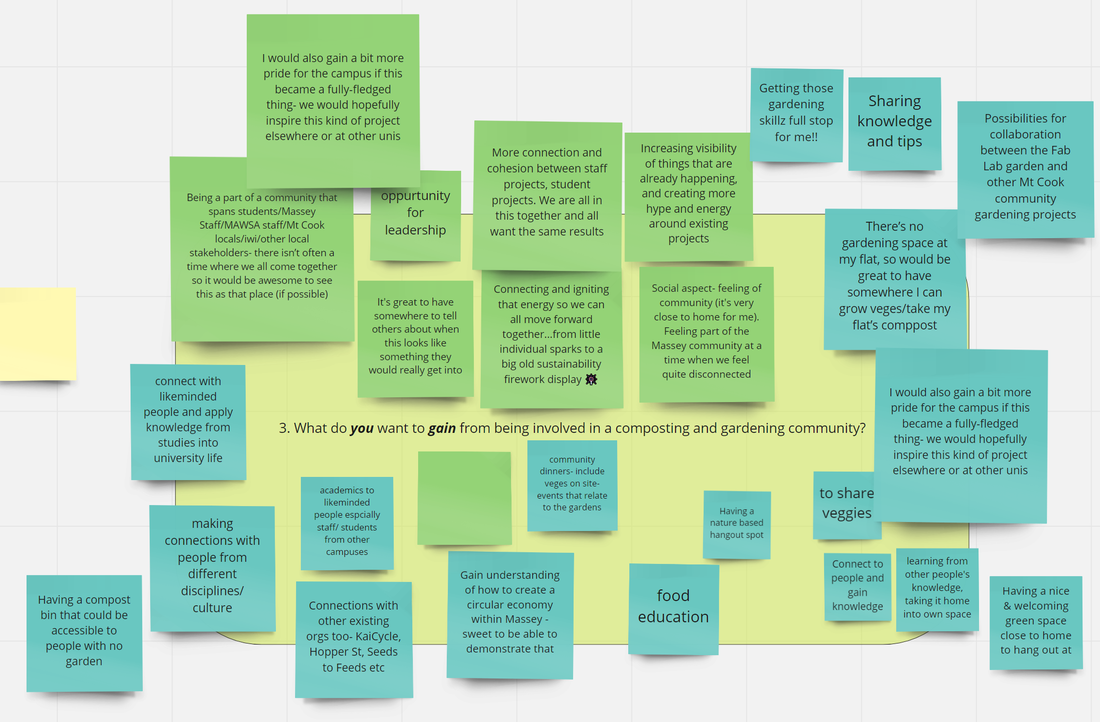
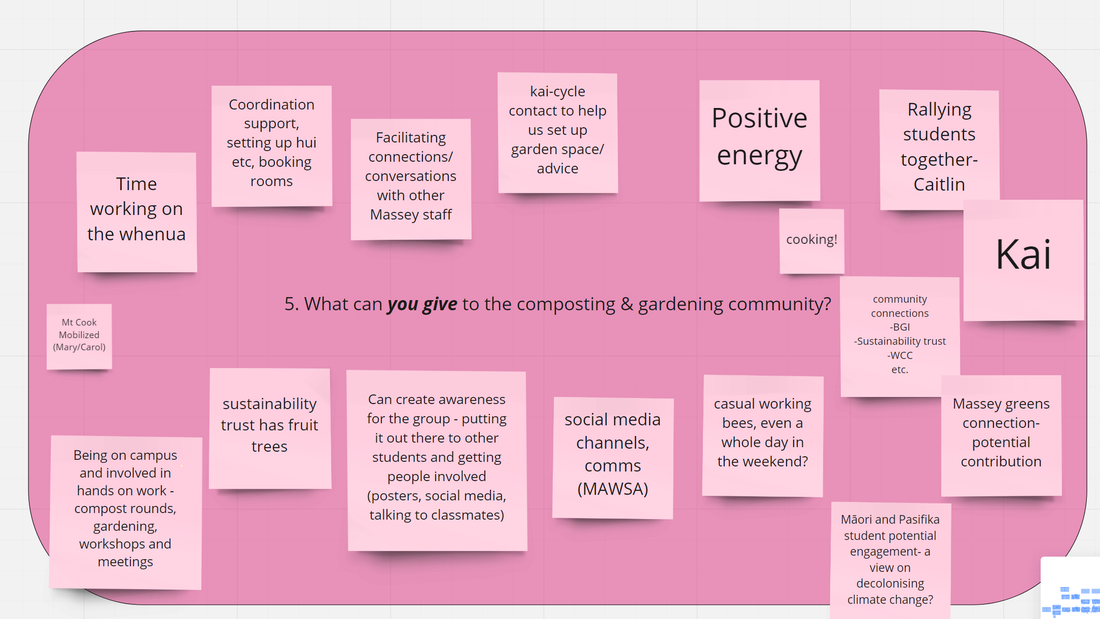
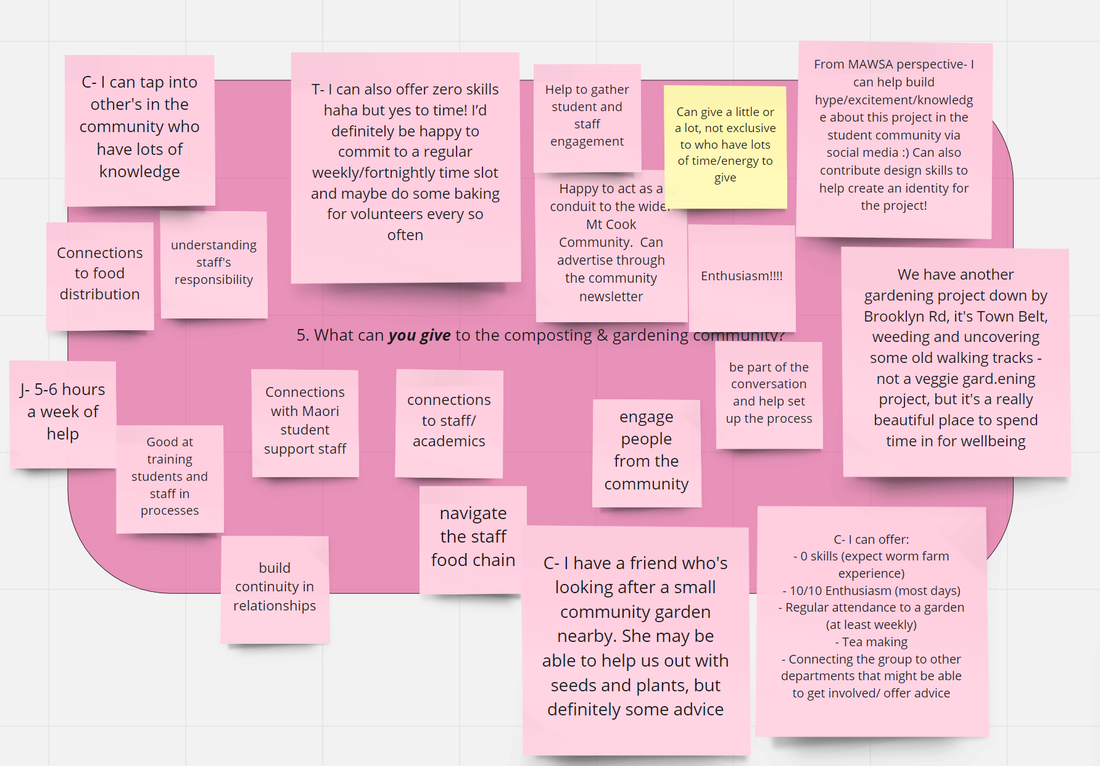
 RSS Feed
RSS Feed
